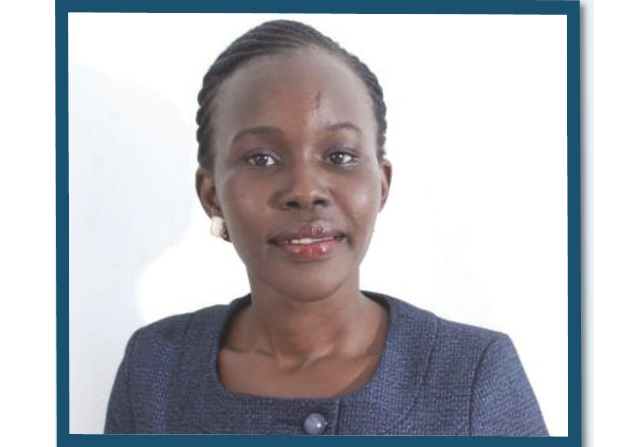
Sandra Letio is the CEO of Pelere Group Limited. She spoke to The Independent’s Agnes E Nantaba about boosting local manufacturing in the cosmetics and personal care industry.
What are the key elements in your management philosophy as a manager?
As a manager, I am accountable to different people and that is how we have been able to grow the company. I also strive to share the vision of the company with the team such that we work as a family. We have workers whom we started with not because they are the best but because they understand the vision and mission of the company. At the time we started this company, I was everything and that is why I know every department but I have come to appreciate that I can’t handle everything. As a result I delegate some of the work though keep on monitoring.
What is your assessment of the performance of the cosmetics and beauty / personal care industry in Uganda?
We still have a lot of imported items with over 90% of the stock in cosmetics and toiletry shops being imported products. That simply means that locals have not yet embraced the products made here or we have not yet made the products they need. For instance, our vision is to fill the need for quality products and this includes being certified with all the standards. While we have so many products made in Uganda, majority are not yet certified which makes international products beat us because they are easily accepted. But also, even issues of packaging and branding are still lacking and that starts from within us. So, we need to embrace the quality bit of it to ensure that the market appreciates locally made products and are convinced that they will receive the same service like for international brands. That explains the low penetration of our own products in the local market. Those who have worked on
their branding, product quality and packaging are competing favorably. So, if all of us can look to implementing that, then, we can ably grow the market share of locally made cosmetics and personal care products.
Pelere being a local company, there are bound to be a number of challenges including consumer behavior perceptions. How does it impact on business?
Consumer perception greatly impacts on the business and that is why it is time for us to accept that we cannot take consumers for granted because they can only consume where they spot a difference. For instance, I have seen one of our products, Embrace Shea, picking up within middle class people and the trend within such class is that they want to go natural. But also, they need to know what difference it makes if they use such a product. Most times we are innovating but not for the market and yet we should aim to make for customers rather than satisfying our personal needs. The cosmetics industry in Uganda is dominated by international brands that have penetration and pedigree world over.
What is your strategy to gaining loyalty of customers and maintaining relevance in a competitive market?
We are working hard to make and maintain quality products while focusing on having certifications for all products including international ones like ISO. But we are also learning from the distribution processes of international companies where a product can reach every supermarket, wholesaler, pharmacy and retail stores. This makes the product readily available.
What other challenges do you encounter in the industry?
There are also counterfeits which may not necessarily be for our brand but if other players are affected then, we can also share in the impact as local manufacturers. The other challenge is getting the right distribution partners not only for the local but also for international markets because they are key for industry growth. At this point in time, we have seen from other countries presidents travelling with delegation of entrepreneurs to enable them network with other international players. When we accept our products as a country, then it becomes easy to market and get the right partnerships.
How can government and other stakeholders help to create a hospitable environment for local companies in the cosmetics and personal care industry in Uganda?
There’s need for the government to support local investors like it is in Rwanda. The Buy Uganda Build Uganda (BUBU) campaign might be working but we have not yet embraced it deeply as a country. The government needs to work on making it better first by leading by example –buying supplies from local manufacturers to support growth rather than pushing competition from international players.
What is your projection of Uganda’s cosmetics and personal care industry in the next few years?
We are gaining acceptance locally because we are stepping up the game in product quality and certification. But also the market is still virgin and if we are able to win the local market, then, the brand will be easily accepted in the international markets. However, this will only be realized with the right systems in place coupled with quality products sustained from time to time.
****
 The Independent Uganda: You get the Truth we Pay the Price
The Independent Uganda: You get the Truth we Pay the Price



